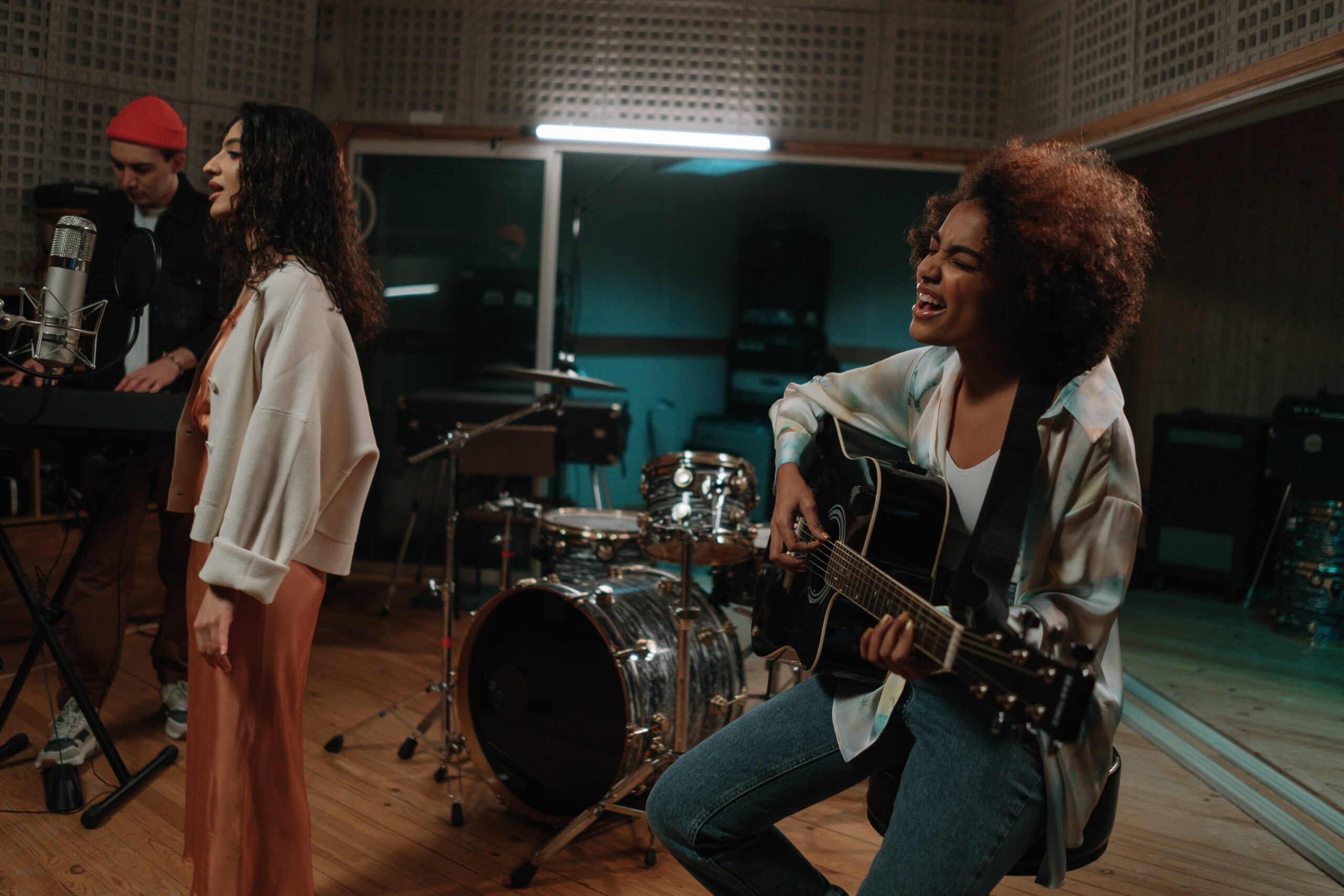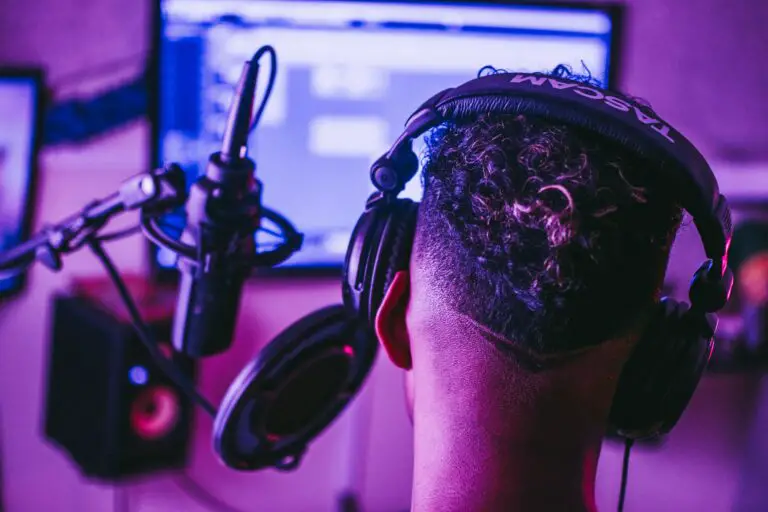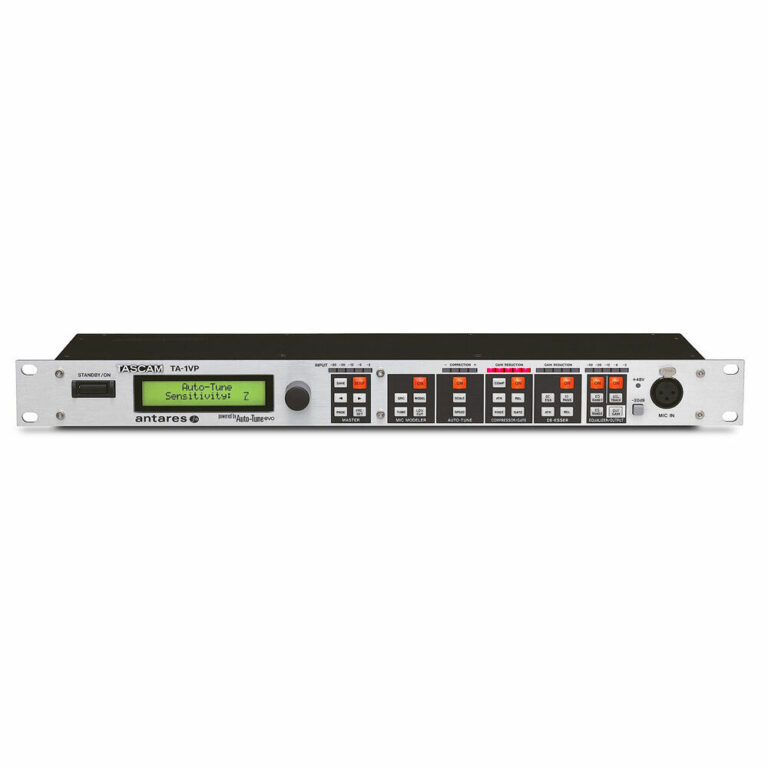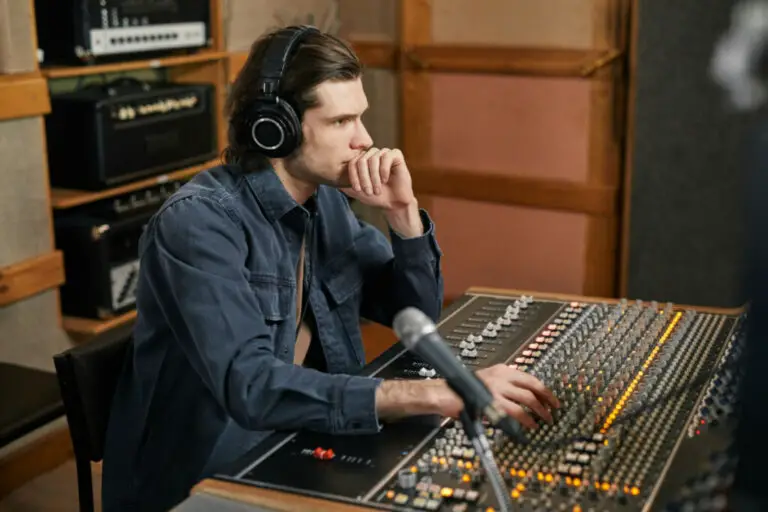Do Session Musicians Get Credited On Albums?
For session musicians to get credited on albums, they often need to be playing on the recording and contribute in a material way. It’s the minimum they deserve for putting their touch onto a song or record.
Session musicians get credited on albums through notes placed within album liners. There are also federal and international laws dictating how musicians are acknowledged on recordings.
Unlike official band members, a session musician won’t be a part of the band itself. It means you won’t see them at live shows, promo material or in music videos.
It makes them feel like the unsung heroes of the music industry. Especially when many appear on some of the biggest hits of all time. But do session musicians get credited on albums for all of their efforts?
What Is A Session Musician?
A session musician is anyone brought in to play a specific part of a song that the singer or band can’t do themselves.
These experts are often brought in for specific reasons to play certain parts of a song. It could be a guitarist supporting a singer or a band looking for someone to use an instrument not featured in their standard lineup, eg. keyboards.
Once a musician has performed the parts they are needed for, that often marks the end of their involvement with that particular artist.
It’s why session musicians often find themselves playing hundreds, if not thousands of songs during their professional careers.
How Are Session Musicians Hired?
Session musicians find themselves in different circumstances than band members when they are brought into a recording session. When bands record, the members already know what they are signed up for.
As part of their record deal, the band will have specified roles detailing who is decided to receive what for the album. This includes who is playing what instrument, what credits they are being given, and any share of royalties they might qualify for.
That isn’t the case with a session musician. Instead, they are treated like the mercenaries of the music world. That means they are brought in on a “work-for-hire” basis to play what they are needed on a record, before finishing and moving on to their next project.
How Does A Work-For-Hire Deal Work?
Essentially, work-for-hire deals in music mean that an instrumentalist is brought into a studio to particularly contribute to specialist parts. This could be just one song or an entire album.
However, these deals often forgo music rights and credits, and give the player a fee upfront for the services they provide.
It’s a notion put forward by Dr Rod Davies, Senior Lecturer of Popular Music at Monash University in Melbourne, Australia.
When speaking about his experiences, Dr Davies – an experienced session vocalist – states “there is usually a ‘release form’ which basically grants the producer consent to use my performances in any way they wish. It’s not a buy out, but rather an assignment of rights”
“Without a registered agreement, session musicians miss out on any remuneration that might accompany, say, a hit recording or an advertisement that runs for 15 years,” he adds.
How Do Session Musicians Get Credited On Albums?
When putting together the official terms for music, session musicians can get credits for albums in several different ways. This can include:
- Being included in artist split sheets
- Accreditation in album notes
Each of these methods has a way of legally protecting a freelance musician’s work. It not only avoids being taken advantage of, but gives them fair compensation for their time and effort.
So how do these work?
Using artist split sheets
An artist split sheet is a clear and concise way of ensuring your parts are legally protected when recording.
In a split sheet, everyone’s part within a song is clearly defined listing what parts they played on a song. It also displays their split of any royalties and credits.
For example, if a singer needs a drummer, they can list someone as playing drums on a song. They would then mark down any rights shared by that musician (e.g. 5%) and then their own (95%).
This defines who has done what on that recording. This can act as a legally binding document should any copyright or royalty disputes arise later on.
Acknowledgement of services
This first came to fruition in 1996 when the World Intellectual Property Organisation created the internationally binding Performances & Phonograms Treaty. Within the very first clause of Article 5 of the act, it states that musicians “have the right to claim to be identified as the performer of their performances.”
It’s a document that has been ratified and signed by governments worldwide. This includes regions such as the US, Canada, EU, UK as well as much of Asia and Australia.
This means that session musicians do get the acknowledgements they should get to a degree. Dr Davies remarks on the struggles some session musicians face.
“Larger producers who are more savvy and have more at stake are well-versed in the law and how important moral rights and consent are. They correctly address this in their contracts so they can have free reign to exploit the recorded performances to the max.”
He also adds that it is still an issue further down the industry you go. “At the more grass roots level, agreements are scarce. Small businesses are not set up with contracts and lawyers and performers are not as wise to their rights as they could be.”
“Hence lines get crossed all the time. Where recordings are used for purposes other than those verbally agreed to at the time of the recording. This can become a very big problem,” he continues.
Are Session Musicians Entitled To Royalties?
Whilst session musicians get credited on albums, it’s a different fight altogether when trying to receive royalties for their work.
More often than not, session musicians brought in on a “work-for-hire” basis may give up their claims for royalties. Instead, they settle for a more significant upfront fee for their services.
However, it is within federal laws for musicians to claim royalties on any performance they are involved in. And it can come in three distinct rulings.
The first two can be found in the 1995 Digital Performance Right in Sound Recordings Act (DPRA) and the 1998 Digital Millennium Copyright Act. Within these laws, it states that up to 5% of all royalties are entitled to “non-featured performers” on a song.
Furthermore, royalties can be granted through the 1976 Copyright Act. This states that anyone who performs original work such as solos or improvised arrangements is entitled to claim royalties.
It means that session musicians can claim royalties on a record even if they aren’t part of the main act. That’s provided that they have not signed their rights away previously.
All laws do vary across the world regarding domestic copyright and royalty laws, especially those signed to the WIPO treaty. However, you will find some nations (such as Australia) have yet to implement regulations to follow the terms within the WIPO Act.
Final Thoughts
Gone are the days of artists not receiving credit for their work, when the stars were given all the glory. For many, even the inclusion of a name in album liners can be enough of a recognition for their efforts.
However, the passing of laws both within the federal government and from international bodies such as WIPO gives musicians the chance to own and benefit from any work they put together.
Artists still need to have an idea of what deal they want when they are performing and understand how agreements such as work-for-hire contracts and artist split sheets work.
Getting a better understanding of this allows for session musicians to function and prosper from dozens of recordings they get involved in year after year. It’s why many people are now happy to realize that session musicians can and often do get credited on album releases.
Special thanks to Dr Rod Davies for his comments









